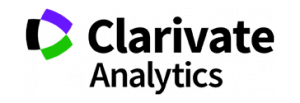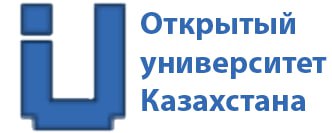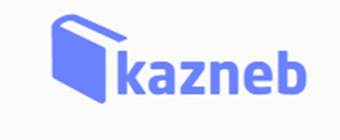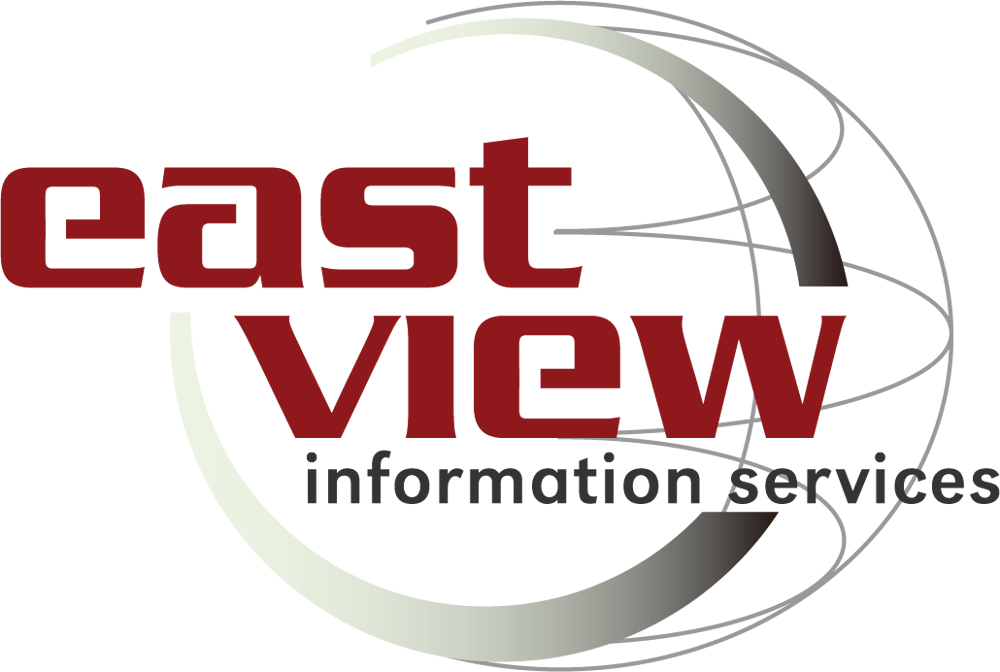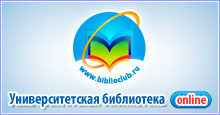Clarivate Analytics invites you to participate in the next series of webinars from October 14 to 25, 2019.
Part 1: Web of Science: A Navigation System in the World of Scientific Publications
1.1 Information platform Web of Science: content, features, application
Key features of the Web of Science information platform and the central Web of Science Core Collection database. Creating a personal user profile. Searching for scientific publications on a given topic. Analyzing of the information received. Saving the necessary data. Accessing to full texts of scientific publications. Optimization of work: saving search histories, creating automatic alerts for new publications and citation.
October 14, Monday 14:00 (Moscow time) – conducted by Varvara Sosedova
- October 14, Monday 19:00 (Moscow time) – conducted by Varvara Sosedova
- October 17, Thursday 10:00 (Moscow time) – conducted by Valery Kurmakaev
1.2 Journal Citation Reports and impact factor: how to compare and select international scientific journals
Formats and business models of journal s. Characteristics of a quality scientific publication. Scientific journal citation indicators, impact factor and quartiles. Creating a list of thematic publications for publication using Web of Science, EndNote (Match) and Journal Citation Reports. Possibilities of the analytical tool Journal Citation Reports (JCR) for evaluating and selecting the journal according to the required parameters. New in the JCR 2019 edition.
- October 15, Tuesday 14:00 (Moscow time) – conducted by Varvara Sosedova
- October 15, Tuesday 19:00 (Moscow time) – conducted by Varvara Sosedova
- October 21, Monday 10:00 (Moscow time) – conducted by Valery Kurmakaev
1.3 Publons ResearcherID author profile, author IDs, and publication activity metrics
Possible difficulties of searching by author and ways to solve them. Analysis of the publication activities of a scientist and a group of scientists, the creation and interpretation of citation reports (citations, Hirsch index, etc.). Creation, adjustment and features of the author profile of Web of Science Researcher ID in Publons: lists of publications, metrics, peer-review.
- October 16, Wednesday 14:00 (Moscow time) – conducted by Varvara Sosedova
- October 16, Wednesday 19:00 (Moscow time) – conducted by Varvara Sosedova
- October 22, Tuesday 10:00 (Moscow time) – conducted by Valery Kurmakaev
Part 2: Scientific analytics using Web of Science information tools
2.1 Specialized Search Techniques in Web of Science
Advanced search features in the Web of Science Core Collection. Making search queries using search fields and logical operators. Search in bibliography. Information analysis in specialized databases and regional scientific citation indices on the Web of Science platform.
- October 15, Tuesday 9:00 (Moscow time) – conducted by Varvara Sosedova
- October 21, Monday 13:00 (Moscow time) – conducted by Varvara Sosedova
2.2 InCites analytical system: a comparative analysis of the productivity and effectiveness of scientific activities
InCites Analytical Resource review seminar. Key indicators and new features of the tool for a comprehensive assessment of scientific activity. Creation of basic and user reports based on data from Web of Science and their use for planning scientific activities.
- October 16, Wednesday 9:00 (Moscow time) – conducted by Varvara Sosedova
- October 17, Thursday 14:00 (Moscow time) – conducted by Varvara Sosedova
2.3 How bibliometry helps us predict Nobel Prize winners
Each year, Clarivate Analytics experts predict Nobel Prize winners based on publication citation rates. At this webinar, we talk about the intricacies of our work in predicting Nobel Prize winners and summarize the 2019 awards.
- October 25, Friday 10:00 (Moscow time) – Pavel Kasyanov conducts
- October 25, Friday 14:00 (Moscow time) – Pavel Kasyanov conducts
Part 3: What Authors Need to Know to Publish in International Journals
3.1 How to prepare a publication for an international magazine
Expectations of the editor. The main reasons for refusals in the publication. Work with revisions of reviewers. The structure of the scientific article. Practical tips for writing the main sections. Distinctive features of academic English. Drawing up annotations. Writing headlines. The choice of keywords.
- October 22, Tuesday 14:00 (Moscow time) – conducted by Valery Kurmakaev
- October 23, Wednesday 10:00 (Moscow time) – conducted by Valery Kurmakaev
3.2 Article Design: EndNote Online Features
The process of preparing an article for submission to an international journal. Magazine requirements for publication. Create your own bibliographic database using EndNote Online. Sorting records, creating groups and controlling access to them. Using bibliography design templates. Using the Cite-While-You-Write module for Microsoft Word and creating a list of references directly when writing text.
- October 23, Wednesday 14:00 (Moscow time) – conducted by Valery Kurmakaev
- October 24, Thursday 10:00 (Moscow time) – conducted by Valery Kurmakaev
3.3 How to avoid “predatory journals”
Signs of a quality scientific publication. The concept of a predatory (trash, unscrupulous) journal and its main features. Examples of predatory newsletters: how to check where you were asked to send an article. The Bill List and other sources of information on predatory magazines. Methods for selecting high-quality scientific journals for publication.
- October 24, Thursday 14:00 (Moscow time) – conducted by Valery Kurmakaev
- October 25, Friday 12:00 (Moscow time) – conducted by Valery Kurmakaev
We are waiting for you at our seminars! Our website Clarivate.ru







